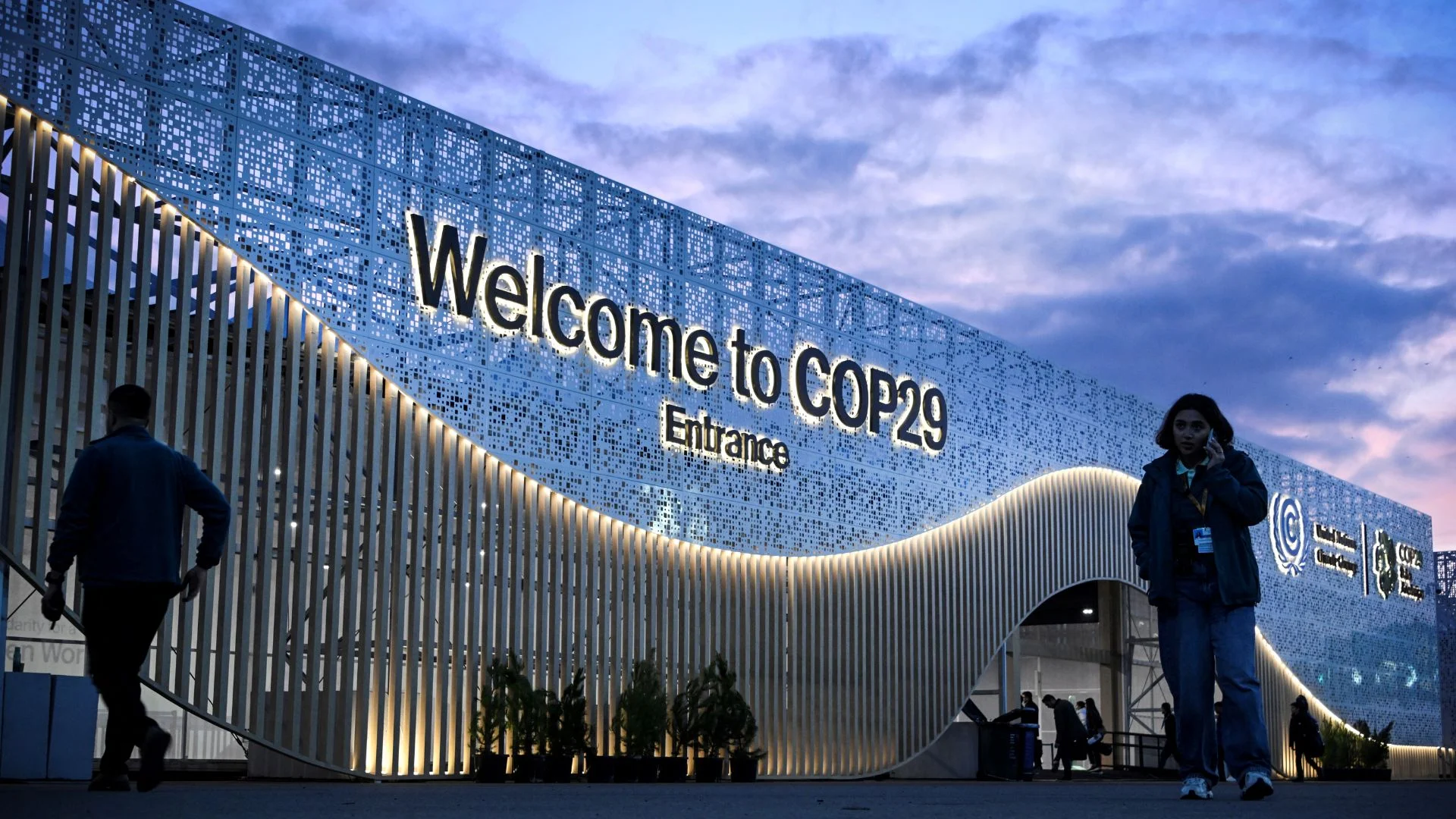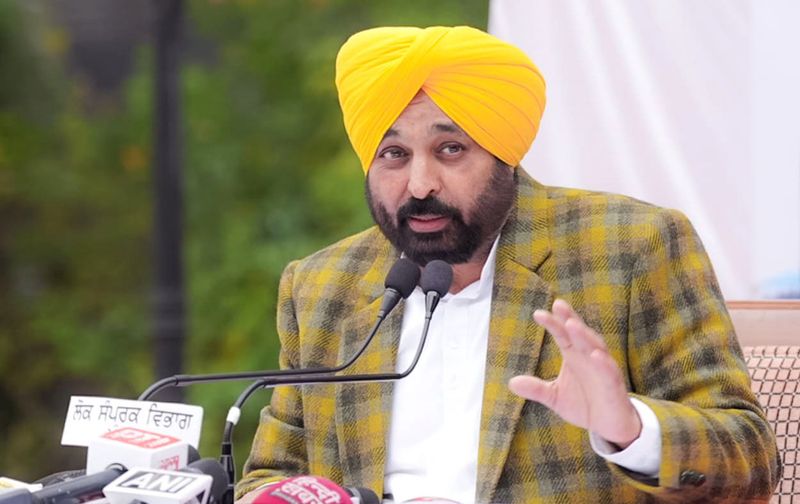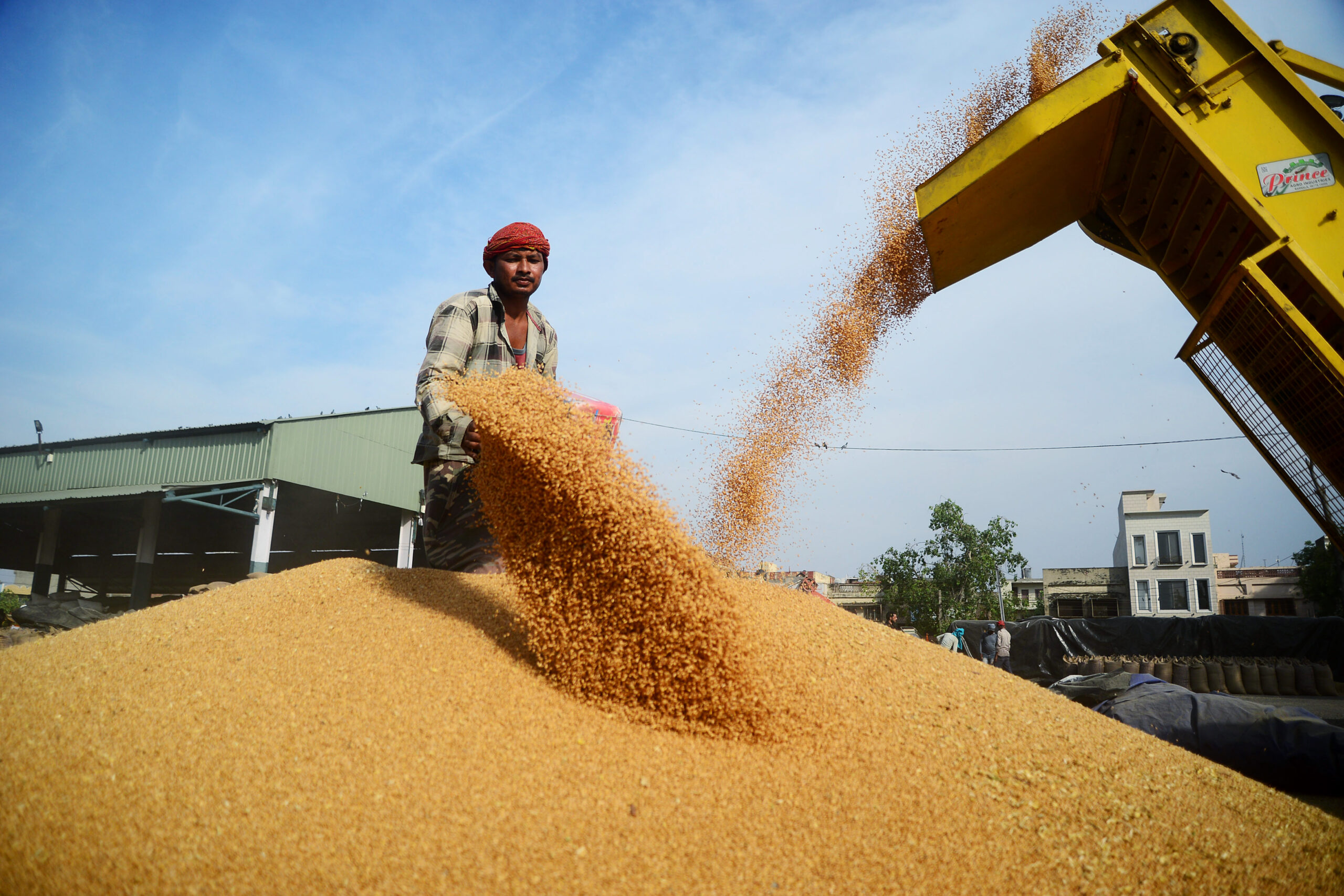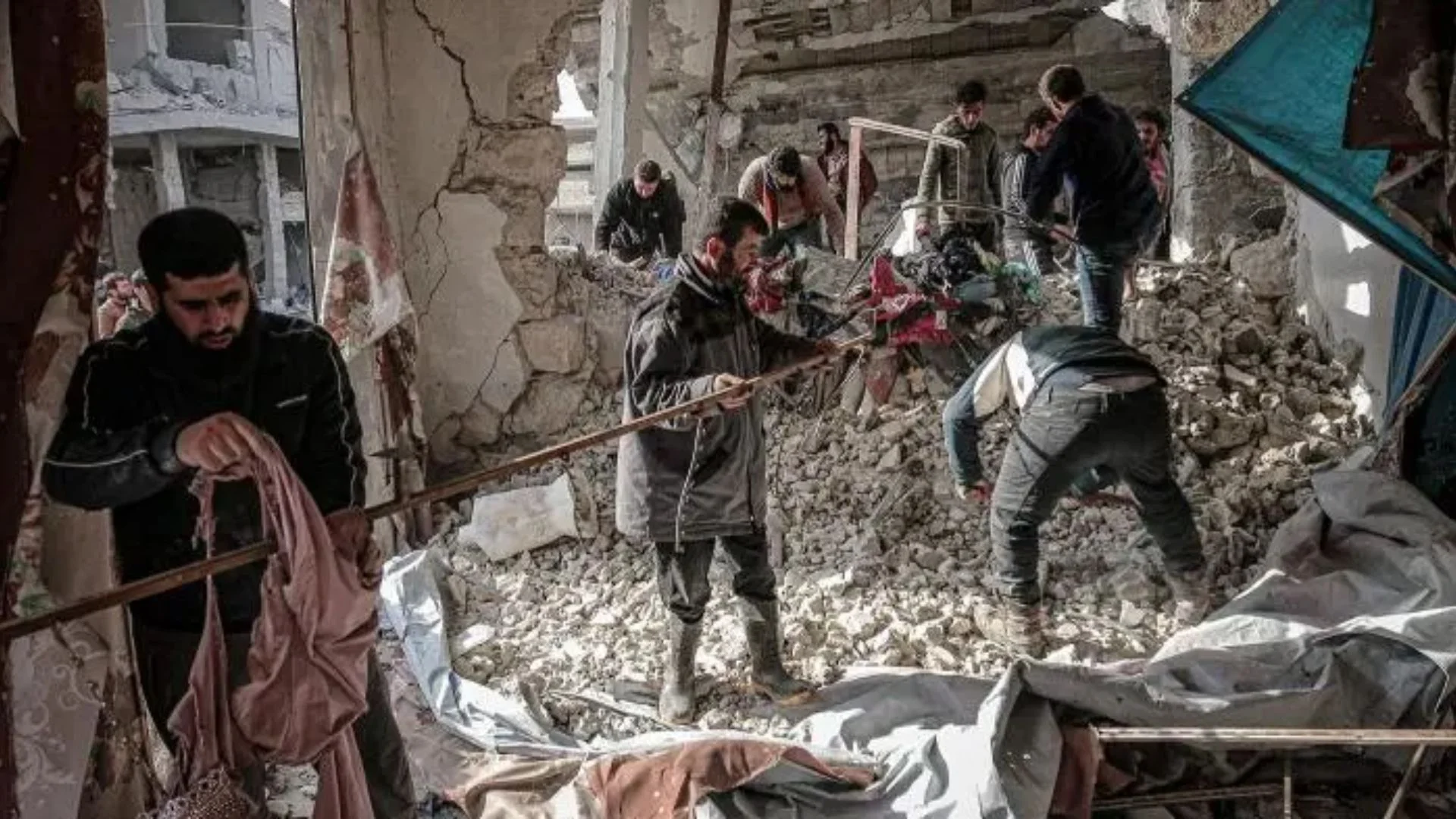Calls for $1 Trillion in Annual Climate Finance as Developing Nations Demand Action
The 29th United Nations Climate Change Conference (COP29) opened in Baku, Azerbaijan, on Monday, with delegates preparing for intense discussions on climate finance, trade, and the pressing impacts of climate change. As the world confronts extreme weather events, developing nations are amplifying their demands for greater climate funding.
Azerbaijan’s Push for Progress Amid Fossil Fuel Dependency
The summit’s focus is on securing up to $1 trillion annually in climate finance for developing countries, far exceeding the previous goal of $100 billion. Azerbaijan, a country with a rich history of oil production, is seeking to demonstrate progress in its energy transition, despite its continued reliance on fossil fuels, which accounted for 35% of its economy in 2023. The government is aiming to reduce this dependency to 22% by 2028, signaling its commitment to shift toward cleaner energy sources.
Trade Disputes Threaten to Complicate Climate Talks
Complicating the discussions, China proposed that trade disputes, including EU carbon border tariffs set to take effect in 2026, be added to the summit’s agenda. This move, supported by the BASIC group of nations (Brazil, India, and South Africa), was seen as a response to concerns about US disengagement from global climate cooperation under President Donald Trump, who has called climate change a hoax. The summit is expected to grapple with how trade policies intersect with climate goals, with China pressing for dialogue on resolving tariffs that could affect climate finance.
Pressure Mounts as Global Warming Accelerates
This year is set to be the hottest on record, with climate disasters from flooding in Africa to droughts in South America posing growing challenges for both rich and poor nations. Experts are warning that unless collective action is taken, the severity of these disasters will continue to escalate.
Azerbaijan’s Role as an Energy Bridge
Azerbaijan, which has positioned itself as a key energy supplier to Europe, is also advocating for a transition to renewable energy. The country plans to increase its renewable energy share to 35% of its power generation by 2030. However, it continues to promote natural gas as a “transitional fuel” in its bid to balance economic interests with climate action.
International Relations and Domestic Challenges
While Azerbaijan faces scrutiny for its human rights record, including the imprisonment of political prisoners, the government maintains that such issues should not detract from peace negotiations in the region, particularly with Armenia. The outcome of this year’s COP29 is expected to have significant implications for future climate policy and international cooperation.







